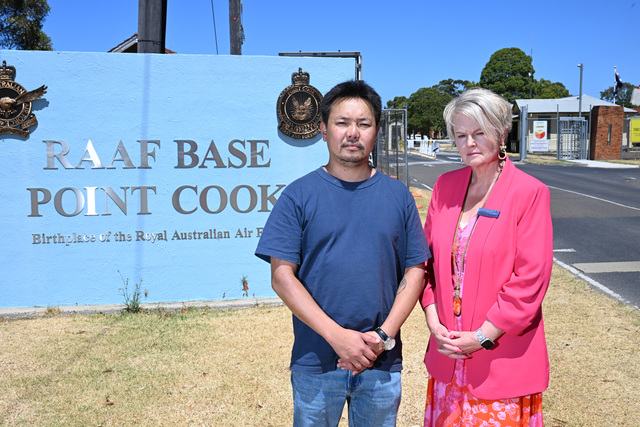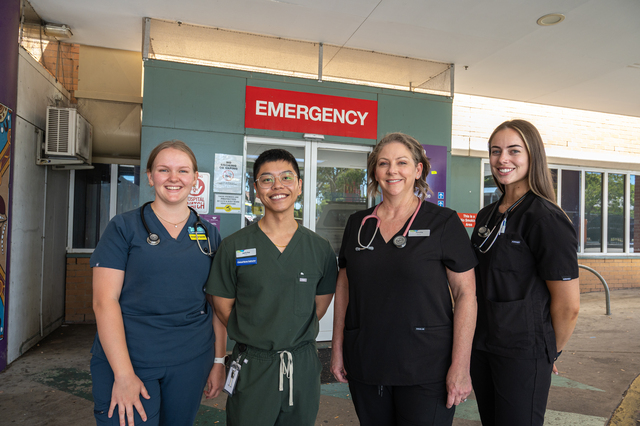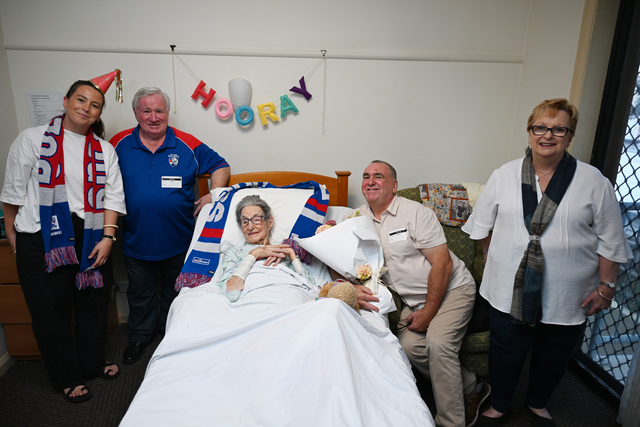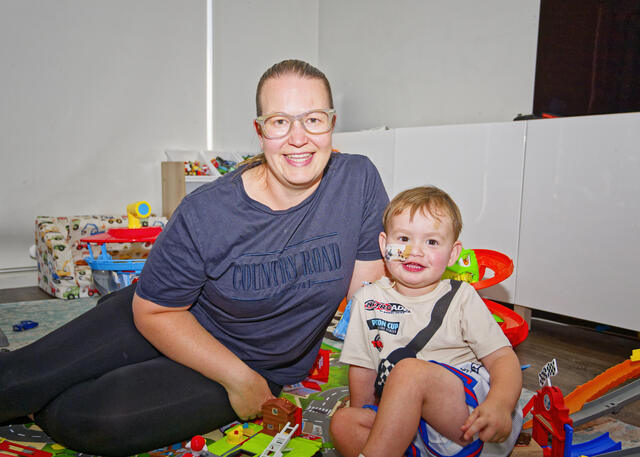Star Weekly is aiming to bring the healthcare issues facing women in Melbourne’s west and north into the spotlight with its new health survey.
The online survey is part of the 12-month Women’s Health Matters campaign, which addresses the systemic obstacles and barriers women must overcome when managing their health.
Topics reported by Star Weekly include access to specialised and preventative healthcare, availability of culturally appropriate healthcare, and adequacy of mental health services.
The survey, which is completely confidential, has 16 questions and takes less than five minutes to fill out.
Participants will be asked about what their top health concern is, if they have travelled outside their suburb to access healthcare, and if they were happy with the care they have received, among other questions.
Star Weekly news editor Laura Michell said the opportunity to cover these issues was of significant importance to the paper.
“Star Weekly is proud to be able to champion women’s health in the western and northern suburbs over the next 12 months,” she said.
“It is our hope that the Women’s Health Matters campaign will raise awareness of the critical health issues affecting women and advocate for change.”
Mrs Michell said hearing from individuals in the region about their healthcare experiences would help enrich the reporting of these matters and increase their recognition.
“Results from the survey will better inform our campaign coverage,” she said.
“Star Weekly has created this women’s health survey to help us better understand the healthcare issues affecting women living in Melbourne’s western and northern suburbs.”
Learning from these experiences would also help inspire others to make the necessary moves to better address their health, Mrs Michell said.
“We want to hear about your stories of success and resilience to help motivate and empower other women to seek help and support when needed,” she said.
“Women too often pay too little attention to their healthcare needs.”

















